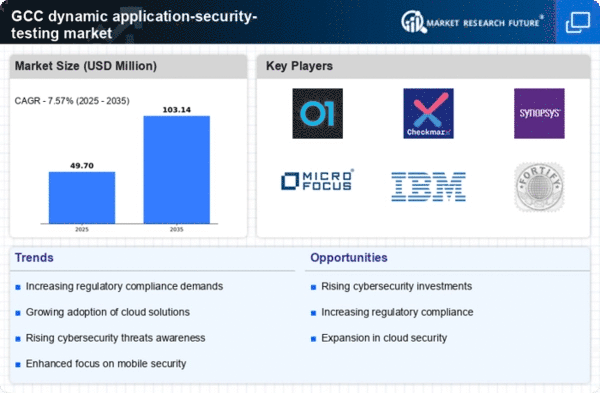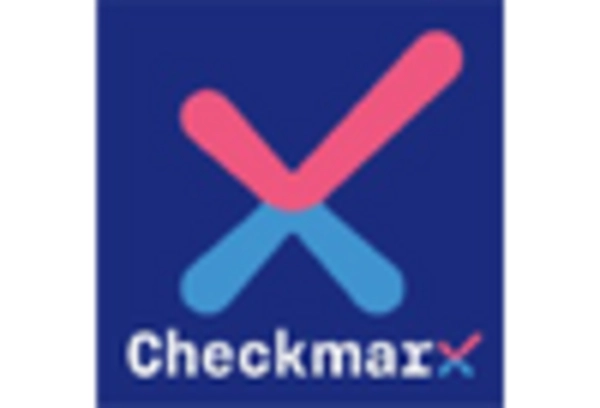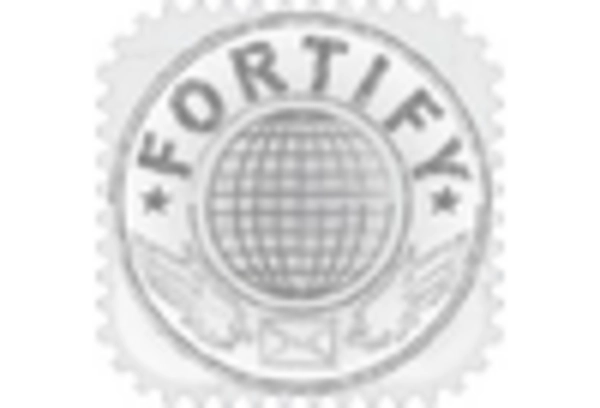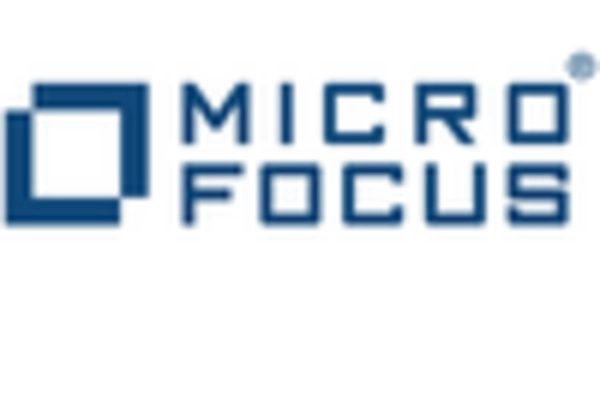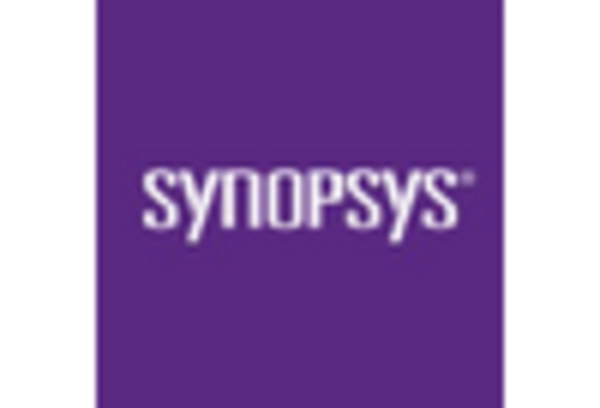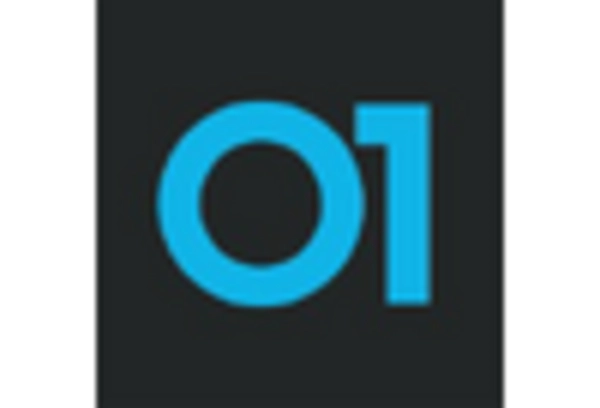Rising Cybersecurity Threats
The is experiencing growth due to the increasing frequency and sophistication of cyber threats.. Organizations in the GCC are facing a surge in cyberattacks, which has heightened the need for robust security measures. According to recent data, the region has seen a 30% increase in reported cyber incidents over the past year. This alarming trend compels businesses to invest in dynamic application security testing solutions to safeguard their applications from vulnerabilities. As a result, the demand for these testing services is expected to rise significantly, driving market expansion. Companies are prioritizing security in their software development lifecycle, leading to a greater emphasis on dynamic testing methodologies that can identify and mitigate risks in real-time. This heightened awareness of cybersecurity risks is likely to propel the dynamic application-security-testing market forward in the GCC.
Expansion of E-commerce Platforms
The is witnessing growth due to the rapid expansion of e-commerce platforms in the GCC.. As online shopping becomes increasingly popular, businesses are investing heavily in secure application development to protect customer data and transaction information. The e-commerce sector in the region is projected to reach $28 billion by 2026, creating a pressing need for effective security measures. Dynamic application security testing plays a crucial role in identifying vulnerabilities in e-commerce applications, ensuring that they are secure against potential threats. As more companies enter the e-commerce space, the demand for dynamic testing solutions is expected to rise, driving market growth. This trend highlights the importance of integrating security into the development process to maintain consumer trust and ensure a safe online shopping experience.
Increased Awareness of Data Privacy
The dynamic application-security-testing market is experiencing a surge in demand driven by heightened awareness of data privacy issues among consumers and businesses alike. In the GCC, regulatory frameworks are evolving to address data protection, compelling organizations to adopt stringent security measures. The introduction of laws similar to the GDPR has prompted companies to prioritize data security, leading to a projected growth of 25% in the dynamic application-security-testing market over the next few years. Organizations are now more vigilant about safeguarding sensitive information, which necessitates the implementation of dynamic testing solutions to identify vulnerabilities in applications. This growing emphasis on data privacy is likely to influence the market landscape, as businesses strive to comply with regulations and protect their reputations in an era where data breaches can have severe consequences.
Growing Digital Transformation Initiatives
The is benefiting from the ongoing digital transformation initiatives across various sectors in the GCC.. As organizations increasingly adopt digital technologies to enhance operational efficiency and customer engagement, the need for secure applications becomes paramount. The GCC region is witnessing a rapid shift towards digital platforms, with investments in technology expected to reach $50 billion by 2026. This transformation necessitates the implementation of dynamic application security testing to ensure that applications are resilient against potential threats. Businesses are recognizing that security must be integrated into the development process, rather than being an afterthought. Consequently, the dynamic application-security-testing market is poised for growth as companies seek to protect their digital assets and maintain customer trust in an increasingly competitive landscape.
Technological Advancements in Security Solutions
The is being propelled by technological advancements in security solutions.. Innovations such as machine learning and artificial intelligence are enhancing the capabilities of dynamic application security testing tools, making them more effective in identifying vulnerabilities. In the GCC, organizations are increasingly adopting these advanced technologies to bolster their security posture. The market for security solutions is expected to grow by 20% annually, driven by the demand for more sophisticated testing methodologies. As businesses seek to stay ahead of emerging threats, the integration of advanced technologies into dynamic testing processes is becoming essential. This trend indicates a shift towards proactive security measures, where organizations leverage cutting-edge tools to ensure their applications are resilient against potential attacks. The dynamic application-security-testing market is likely to benefit from this ongoing technological evolution.


